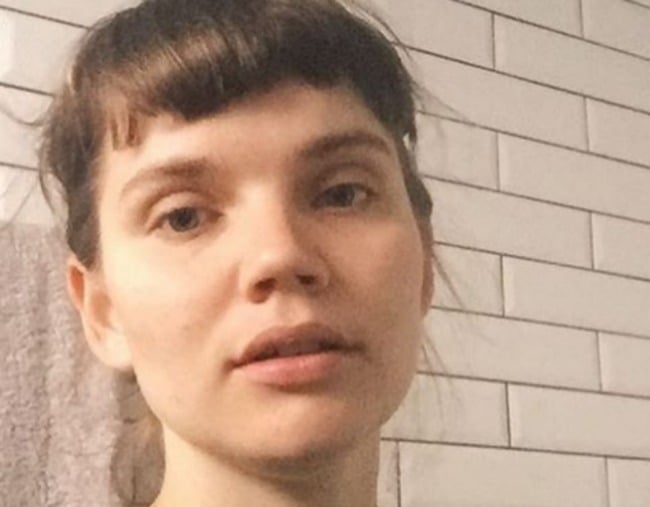
This week, 7-13 October, is Mental Health Week, which aims to improve awareness and interest in mental health and wellbeing.
Warning: The following story deals with suicide and may be triggering for some readers.
The prevailing message around mental health is alarmingly simple.
In light of recent research by the Australian Bureau of Statistics that found suicide remains the leading cause of death in young people, we tweet and comment and rally with a four-word solution: just ask for help.
Help-seeking, especially in the early stages of suicidal thinking, is a crucial part of suicide prevention. It’s no exaggeration to say that asking for help saves lives.
But the distance between asking for help and actually getting the right help is rarely paved with a clear, linear path. It’s rocky and sometimes steep, and often veers in discouraging directions before a person can see a promising destination.
At 25, Honor Eastly found herself feeling like she wanted to die. At that point, she’d been asking for help for 10 years – and getting appointments with mental health professionals intermittently. Over the course of that decade, she’d seen five different psychiatrists.
Honor speaks to Mia Freedman about her experience…
“Something was wrong and getting worse but they had no idea why,” she says in her ABC podcast No Feeling is Final. “All my efforts towards wellness had been intense but my stay was unyielding.
